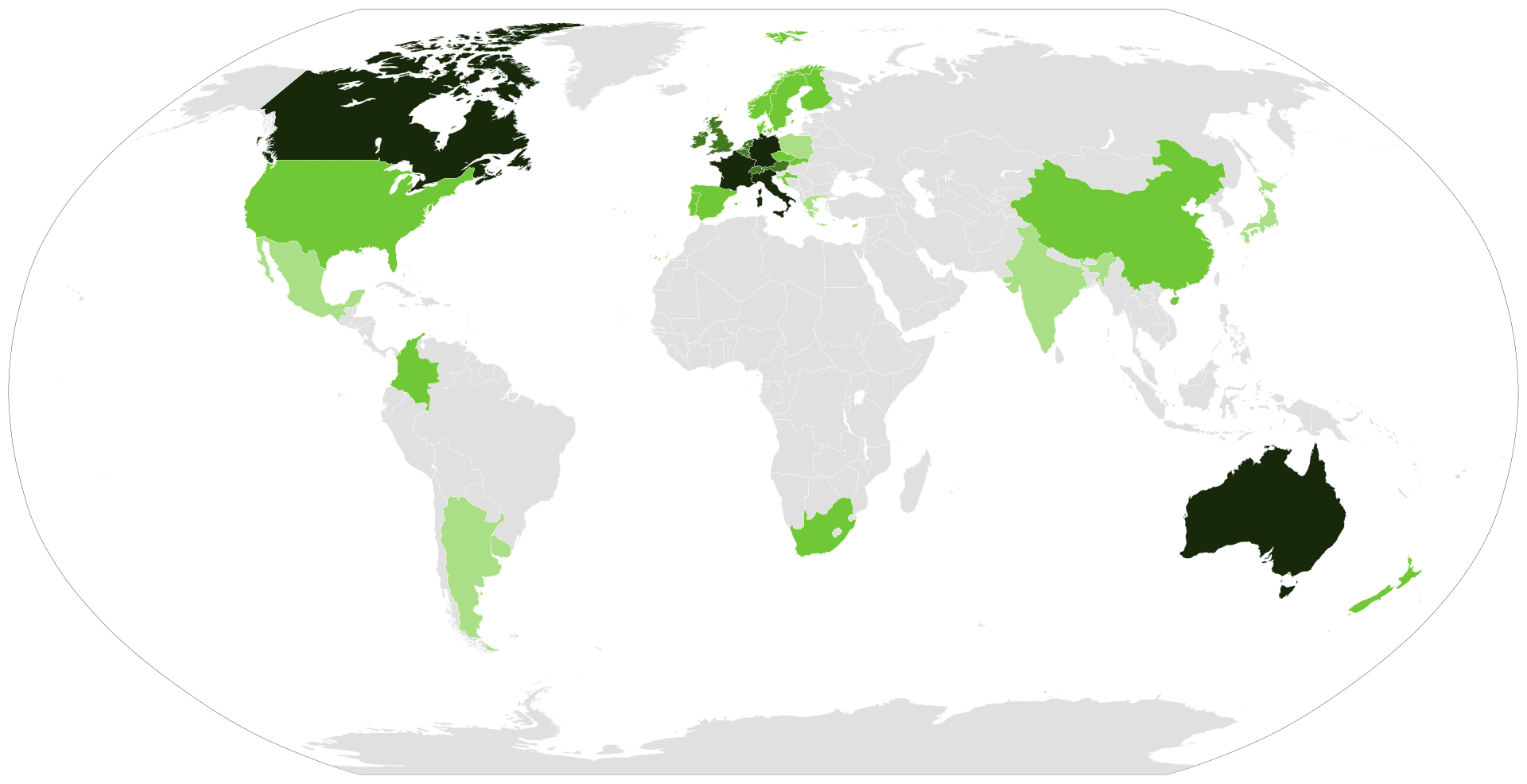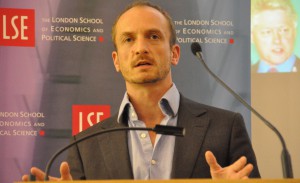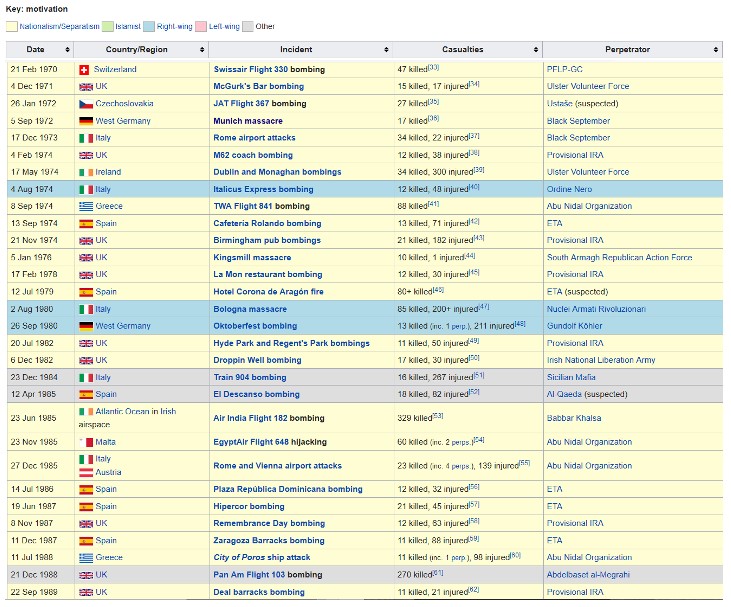 From Rosa Rubicondior
From Rosa Rubicondior
Three-toed Skink Is an Evolutionary Intermediate
Today from the the reptile world, we have a very nice example of evolution in progress, or at least in a state of dynamic equilibrium between two characteristics, each of which could be advantageous in different circumstances.
This example is an Australian skink which appears to be so finely balanced between egg-laying (oviparous) and live-young bearing (viviparous), that one individual has been observed doing both in the same pregnancy. Several weeks after laying a batch of three eggs, an individual three-toed skink, Saiphos equalis, was seen to give birth to a live young. . . .
—
From Julia Bainbridge on Salon.com
Life after fundamentalist Christianity: One former believer’s struggle to find clarity and himself
. . . . “Even though I still had my small bubble around me, we were what Christian artists would call playing crossover venues,” he told “The Lonely Hour.” “We were out there playing bars and meeting people all over the country that my parents warned me about or that the church cursed. I’m becoming friends with them and I’m having these beautiful, wonderful experiences with them. So I started to question my religion: Is this what they were worried about? Like, just normal people? That definitely started to challenge my long-held beliefs even further.” . . . .
Reading James’ story made me wish I had never given up music lessons so I, too, could have been in a band and learned lessons far sooner than I did. There’s also a link to the audio interview with James.
—

Was Mohammad Real?
“We can’t be certain how the Arabs became Muslim”, says researcher Tom Holland. Fascinating! Was Mohammad (“the Praised One”) originally Jesus? Was Islam originally a non-trinitarian Christian sect that rejected the need for an atonement on the cross? The evidence from coins don’t lie. People do. This is extremely interesting and new to me. Makes sense. The first video is by the Atheistic Republic, who got me thinking. The others back it up.
Loftus refers to Tom Holland’s exploration of the question of Muhammad’s historicity, something I have done here, too — See
- Islam, the Untold Story (2013-03-10)
- Islam’s Origins, the Historical Problem — notes on the reading Tom Holland’s “In the Shadow of the Sword” (2013-03-30)
- Origins of Islam: Most Recent Interview with Tom Holland (2013-07-09)
Come on, John. Keep up.
—
 From René Salm’s Mythicist Papers
From René Salm’s Mythicist Papers
Rene Salm is continuing to augment a database of Hermann Detering’s legacy:
This is the first of several posts that will review Dr. Detering’s life and scholarship according to the available material on- and offline. It is carried out from afar and in an admittedly impromptu manner. I invite readers to add data, links, or corrections—simply send me an email with the information and I will consider adding it to the CV. The Wikipedia article (German here) is a good place to begin, and Detering’s own brief VITA in German is on his website here.
These posts are deceptively short. However, they are dense with links that offer the interested reader avenues to explore a good deal of material.
If possible, I would like to add a personal impression of Dr. Detering’s character, work, and family life. Any reader who knew Hermann personally, and for some length of time, is invited to email me his/her impressions which I will review and certainly consider uploading.
—
 Oh no, from Salon.com, some frightening news!
Oh no, from Salon.com, some frightening news!
Alexandria Ocasio-Cortez and Ilhan Omar team up with Rand Paul to praise Trump for Syria withdrawal
Won’t Trump see their support as enough reason to change his mind and go back into Syria in force?!! Why can’t they just stay quiet and make him think they oppose him on everything?












